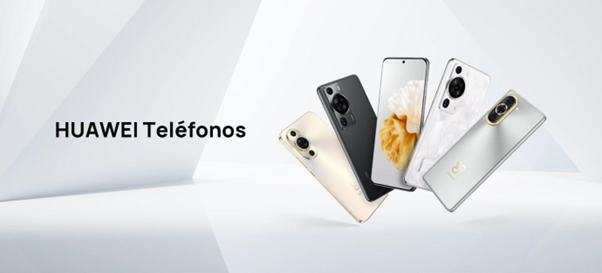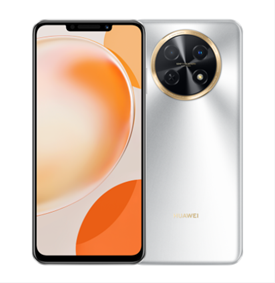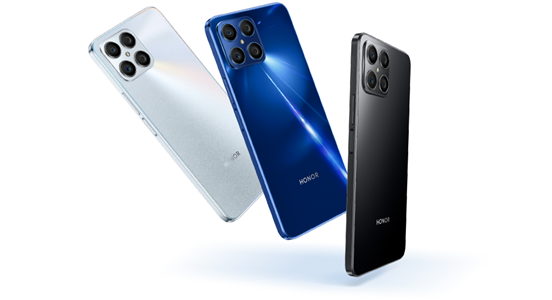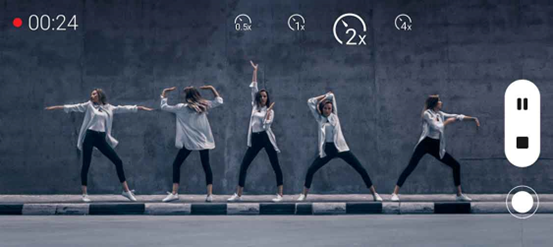The Erle-Copter educational drone is the first to be powered by Ubuntu Core for Internet-connected devices.
Erle
Ubuntu is coming to drones, robots and smart homes.
The smallest version of the Ubuntu operating system,
Snappy Ubuntu Core
, is now opening up to smart devices and other Internet of Things (IoT) devices. Builders of drones, robots and smart-home kit will be able to develop, simulate and run their devices using the software, with an app store for customers to update and improve their devices on an ongoing basis.
Ubuntu says the selling points are security, reliable updates and access to the Ubuntu ecosystem.
Drones of 2014: Quadcopters that give you a view from above
See all photos
+5 More
Smart homes, drones and more
Rosie or Jarvis: The future of the smart home is still in the air
Why our drone future is for real -- someday
Watch a kangaroo punch a drone out of the sky
Ubuntu Touch for phones and tablets

Why the Ubuntu Edge is a success, even if it never exists
The technology ca
n power a range of Internet-connected devices. Devices are updated automatically, with security and general updates through the cloud-based app store based on open source platforms and protocols.The first drone powered by Ubuntu Core is the educational Erle-Copter. Another early example of a device based on Ubuntu Core is the Ninja Sphere open source smart-home controller. Originally crowdfunded on Kickstarter, the Ninja Sphere talks to other smart-home kit, including big names like
Nest
,
Tado
,
Wemo
and
Sonos
, not to mention telling you if you've left your lights on or where your keys are.
The goal of Ubuntu Core is to create a single identical platform with the same APIs from cloud to device. The platform allows developers to simulate a device, and then simulate a launch of thousands of devices to test how they will perform at scale. Both ARMv7 and X86-64 are supported, and Ubuntu reckons any standard PC equipment can be used to prototype your device.
Drones of CES 2015 (pictures)
See all photos
+9 More




